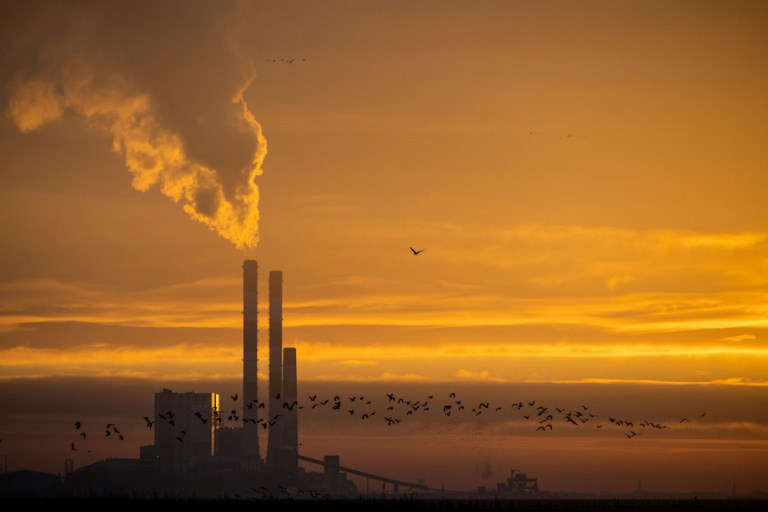The global energy demand is still predominantly covered by fossil fuels, however, an increasing number of countries are now pushing the expansion of renewable energies.
Overall, the energy demand worldwide has increased as a result of the population growth and a rising standard of living, according to new figures published by Germany's Federal Institute for Geosciences and Natural Resources (BGR) on Friday.
This trend was briefly interrupted during the global economy collapsed in 2020 as a result of the Covid-19 pandemic — consumption dropped by more than 4% globally at this point — but once again rose in 2021 with the economic recovery. This resulted in energy prices rising sharply in Europe, especially for natural gas.
The global energy demand is currently predominantly covered by fossil fuels, which BGR President Prof Dr Ralph Watzel said highlights the need for governments to become more serious about the expansion of renewable energies, but also to the exploitation of further energy-saving potential.
"The current situation shows that the restructuring of energy systems still requires great efforts to achieve the climate goals that have been set," he said.
Related News
- How to improve your home energy label on a limited budget
- EU auditors: Energy taxation policies in the EU inconsistent with climate goals
The data gathered in 2020 showed that crude oil is the most important energy source worldwide with a share of 31% of primary energy consumption, followed by coal with a share of 27%. The share of natural gas - number three among the world's energy sources - rose to just under 25%.
The BGR highlighted the backdrop of the study — the geopolitical developments in the Ukraine conflict — which it said pose "major challenges for the security of energy supply worldwide," adding that it makes it "clear how important fact-based information on the global energy situation is."
Push for sustainable energy
Although there is still a global reliance on fossil fuels, the report found that almost all countries are now pushing the expansion of renewable energies, which reached a new record in 2020.
The annual expansion of renewable energies and their power generation also exceeded that of conventional power plant capacities. In Belgium, wind and solar power generation increased by 31% compared with 2019.
Denmark and Germany are among a dozen countries that now cover more than one-fifth of their electricity demand from wind energy and photovoltaics.
Germany, in particular, is looking towards the energetic use of hydrogen to ensure a climate-neutral energy supply in the future by adopting a national hydrogen strategy in 2020 and creating the funding instrument "H2Global" to support a market ramp-up on an industrial scale.

